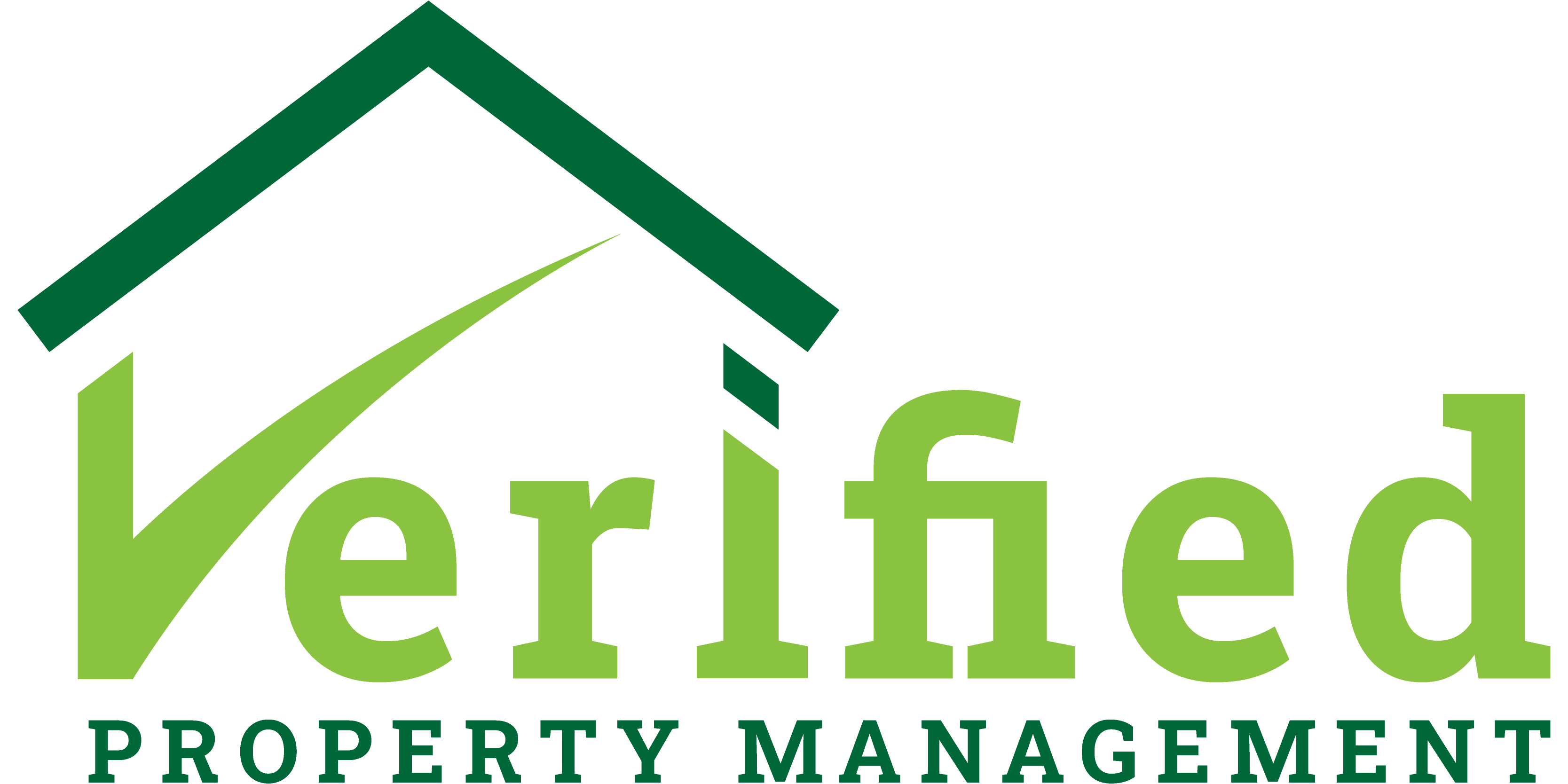What Is a 1031 Exchange? Santa Clarita Real Estate Investing
On this Santa Clarita property management blog, we are talking to Ken Harris, who is a commercial sales representative from First American Exchange Company. We’re discussing an interesting tax and investment tool, and asking him – what is a 1031 exchange?
Definition of a 1031 Exchange
A 1031 exchange is a tax shelter for the capital gains you earn on real estate held for investment. When you sell that asset, you’ll have to pay capital gains taxes, which can sometimes be up to 35 percent. But, if you sell a property and buy other real estate, you can do a 1031 exchange and not pay taxes at that time. You’re able to defer your taxes by buying other real estate of like kind.
Benefits of a 1031 Exchange
There are several good reasons to do this type of property exchange. Talk to your CPA about your specific tax strategy. Most people don’t want to pay hundreds of thousands of dollars in taxes when they sell an investment property. When you do a 1031 exchange, you can keep that money for yourself and invest it in another property, where you can continue to make money off the transaction.
Common Misconceptions
Even people experienced in real estate investing make some mistakes with this exchange. The tax code states that you have to invest in like kind property and debt. However, you don’t have to buy another residential property because you sold a residential property. You can buy other real estate. The term like kind means exchanging one investment property for another investment property. You can go from owning a commercial property to buying an apartment building. Or, you can sell an apartment building and buy a retail property. You can sell a residential property and buy a commercial unit. There are a lot of options. You don’t need the same mortgage, either. When you do this type of property exchange, you are looking to buy something with more value. Any money excluded from the exchange will be taxable, which is called a Boot. So, perhaps you’re doing a 1031 exchange but you want to take $50,000 out to pay off some debt or do other things. You’ll need to pay taxes on that $50,000.
1031 Exchange Deadlines
You have 45 days to identify what you will purchase, and then you have 180 days to close. These time frames start the day you close escrow on the property you’re selling. So, the hard part is finding a property within those 45 days. When accepting offers on the properties you’re selling, think about closing dates. You might need more time to identify a replacement property. Or, you can put in an option to extend the close of escrow if you need to keep looking. Once you close escrow, time begins ticking.
Always identify that you’re doing a 1031 exchange when you’re selling and buying. You can disclose it in the purchase agreement. You simply have to mention that you intend to buy or sell as part of a 1031 exchange, at no cost to the other party.
Property Value
Buy a property at equal or greater value to defer all your taxes when you’re doing a 1031 exchange. It won’t destroy your exchange to buy something with lesser value, there just may be a small tax consequence. You will still benefit from the exchange and the tax shelter, however. Investors may want to buy at a greater value due to depreciation. If you have depreciated the property you’re selling down to zero, it can’t depreciate any further. So if you buy another property, you have to buy something with a higher value to let it depreciate again. If you sell a property for $500,000, but you let it depreciate to zero, you’ll look for a $1,000,000 property to start that clock again.
Tax Deferment and Heirs
We have only scratched the surface on what there is to know about the 1031 exchange. If you have any questions about this or anything pertaining to property management in Santa Clarita, please contact us at Real Property Management Executives

 Ruben Aguilar
Ruben Aguilar Chris
Chris Craig Gagne
Craig Gagne
